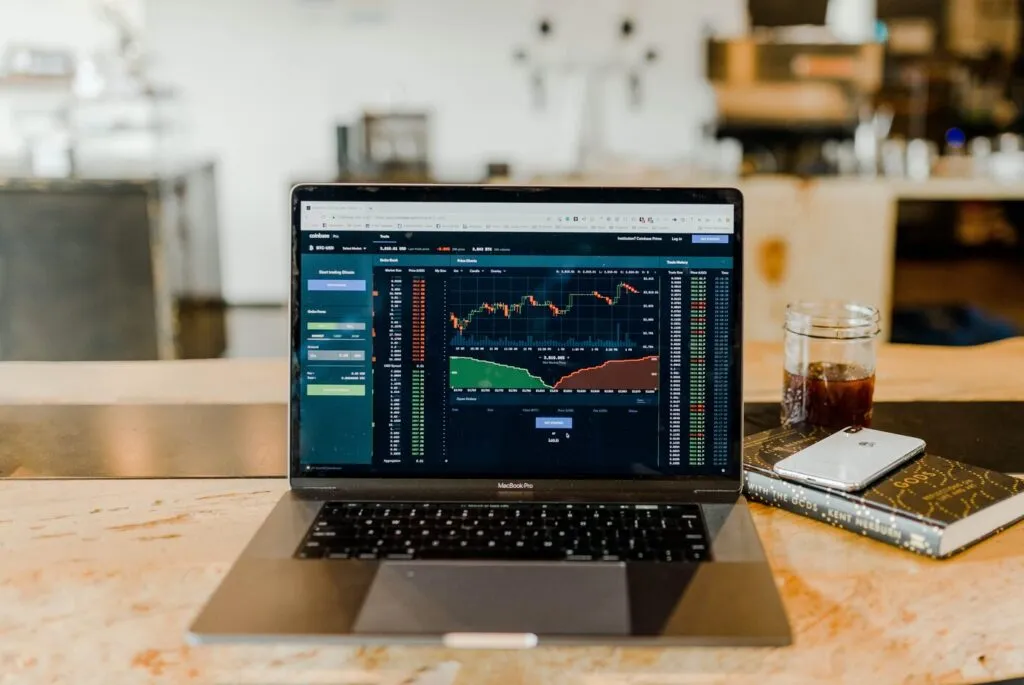Nigeria’s inflation rose to 34.60 per cent in November 2024, reflecting a 0.72 per cent increase from October’s rate of 33.88 per cent.
This came as Nigerians expressed optimism that the level of inflation across the country would decelerate in the next six months
This was one of the outcomes of the Inflation Expectations Survey Report for November published by the Statistics Department of the Economic Policy Directorate of the Central Bank of Nigeria.
The Consumer Price Index report released by the National Bureau of Statistics on Monday indicated that the country’s latest inflation rate marked a significant year-on-year rise, with the November 2024 rate being 6.40 percentage points higher than the 28.20 per cent recorded in November 2023.
The report read in part, “In November 2024, the headline inflation rate was 34.60 per cent relative to the October 2024 headline inflation rate of 33.88 per cent. Looking at the movement, the November 2024 headline inflation rate showed an increase of 0.72 percentage points compared to the October 2024 headline inflation rate.
“On a year-on-year basis, the headline inflation rate was 6.40 percentage points higher than the rate recorded in November 2023 (28.20 per cent). This shows that the headline inflation rate (year-on-year basis) increased in November 2024 compared to the same month in the preceding year (i.e., November 2023).”
The rise in inflation is largely driven by food price increases, which continue to place a strain on Nigerian households. On a month-on-month basis, the headline inflation rate showed a marginal slowdown, standing at 2.638 per cent in November compared to 2.640 per cent in October.
While inflation remains high, this slight dip indicates a slower pace of price increases than the previous month.
However, the year-on-year increase still highlights the ongoing pressure on consumers, with the cost of living continuing to climb.
Food inflation has also seen a sharp rise, reaching 39.93 per cent in November 2024, up from 32.84 per cent in the same period last year. Prices for staple foods such as yam, rice, maize, and palm oil have surged, contributing to the increase in food inflation.
Other items such as guinea corn, millet, and meat have also seen notable price hikes.
On a month-on-month basis, food inflation rose by 2.98 per cent, slightly up from 2.94 per cent in October. This increase is attributed to higher prices for items such as fish, rice, dairy products, and meat.
The 12-month average food inflation rate for the period ending November 2024 stands at 38.67 per cent, marking an 11.58 percentage point rise from the previous year’s 27.09 per cent.
The significant increase in food prices is a key driver of the overall inflationary pressures facing the country, highlighting the difficulties in managing food supply chains and meeting domestic demand.
Core inflation, which excludes food and energy prices, rose to 28.75 per cent in November 2024, compared to 22.38 per cent in the same period last year.
This increase reflects rising costs in other sectors, particularly in transportation, housing, and personal services. The highest increases were recorded in the prices of taxi journeys, bus fares, rents, and personal grooming services.
Month-on-month core inflation decreased slightly to 1.83 per cent in November from 2.14 per cent in October, but the annualised rate continues to climb, reflecting broader economic pressures.
The twelve-month average for core inflation stands at 26.64 per cent, up from 20.35 per cent in November 2023.
The ongoing rise in core inflation indicates that price pressures are not limited to food alone but are widespread across various sectors of the economy.
Regional variations in inflation are also evident. Bauchi, Kebbi, and Anambra recorded the highest year-on-year inflation rates at 46.21 per cent, 42.41 per cent, and 40.48 per cent, respectively.
In contrast, Delta, Benue, and Katsina recorded the lowest inflation rates, ranging from 27.47 per cent to 29.57 per cent.
On a month-on-month basis, Yobe, Kebbi, and Kano saw the highest inflation increases at 5.14 per cent, 5.10 per cent, and 4.88 per cent, respectively while Adamawa, Osun, and Kogi recorded the slowest rises in inflation.
Food inflation showed significant regional disparities as well. Sokoto, Yobe, and Edo recorded the highest year-on-year food inflation rates at 51.30 per cent, 49.69 per cent, and 47.77 per cent, respectively. Kwara, Kogi, and Rivers saw slower increases in food prices, with year-on-year rates of 31.39 per cent, 32.95 per cent, and 33.27 per cent, respectively.
On a month-on-month basis, Yobe, Kano, and Kebbi experienced the steepest rises in food inflation at 6.52 per cent, 5.95 per cent, and 5.68 per cent, respectively.
Urban inflation in November 2024 stood at 37.10 per cent, a 6.88 percentage point increase from the 30.21 per cent recorded in November 2023. This represents a higher inflation rate than in rural areas, where inflation reached 32.27 per cent, up by 5.84 percentage points from the previous year.
On a month-on-month basis, urban inflation rose by 2.77 per cent, while rural inflation was slightly lower at 2.51 per cent.
The twelve-month average for urban inflation stands at 35.07 per cent, reflecting a 9.62 percentage point increase from 25.45 per cent in November 2023.
Rural inflation, however, has a twelve-month average of 30.71 per cent, up by 8.00 percentage points from 22.71 per cent in the same period last year.
The continued rise in inflation signals challenges for Nigerian consumers and businesses, with the cost of living showing no signs of abating.
Before the November inflation figure was released, Meristem Securities analyst had projected a higher headline inflation figure at 34.64 per cent, food inflation was expected to come in at 40.03 per cent in November but stood at 39.93 per cent.
However, the actual core inflation was higher than projected. Core inflation, which includes all items less farm produce and energy, stood at 28.75 per cent was 214 basis points above Meristem’s forecast of 26.61 per cent.
Asset management firm, Arthur Steven Asset Management Limited, in a macroeconomic update on Monday said that it expects inflation to decrease in December.
“We expected inflation to decrease in December, as we anticipate a slight decrease by two per cent to 34 per cent. The tightening of the monetary policy rate is attracting investors to the fixed-income market, drawing attention away from equities. This sentiment is likely to persist if the monetary policy rate continues to rise,” ASAM said
If the projection comes to pass, it would still be far away from the 21.4 per cent target set by the Central Bank of Nigeria earlier in the year. At the end of its last Monetary Policy Committee meeting in November, the benchmark interest rate had been increased to 27.50 per cent.
Meanwhile, Nigerians have said that they expect the level of inflation to decelerate in the next six months.
This was one of the outcomes of the Inflation Expectations Survey Report for November published by the Statistics Department of the Economic Policy Directorate of the Central Bank of Nigeria.
The CBN started publishing the inflation report, Purchasing Managers’ Index, and Business Expectation Survey as part of its drive to improve communication between the apex and its stakeholders.
The report said, “Business and household respondents expect the level of inflation to gradually ease over the next six months.”
Also, businesses and households believed that the current rate is high. Household respondents predominantly drove the sentiments. A breakdown of the perception indicated that the largest businesses had the highest inflation perception while small businesses recorded the lowest perception.
Similarly, the perception of inflation by people residing in urban areas was higher. Also, inflation perception by income distribution indicated that more households earning between 100,001 – 150,000 per month perceive inflation to be higher.
Some of the major drivers of the inflation perception include energy costs, transportation costs, exchange rates, and insecurity.
-By Sami Tunji and Oluwakemi Abimbola





